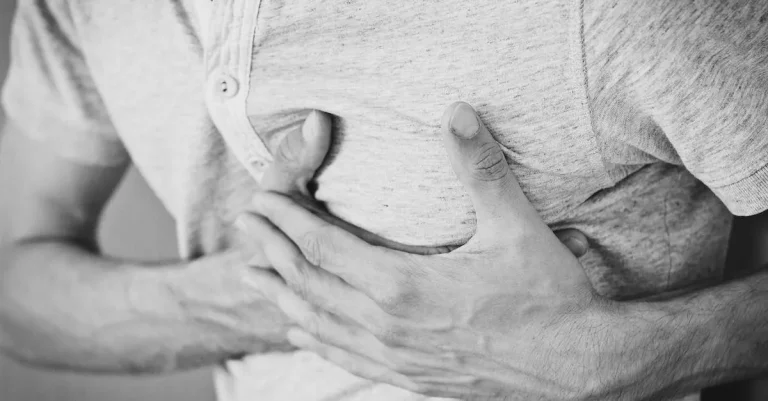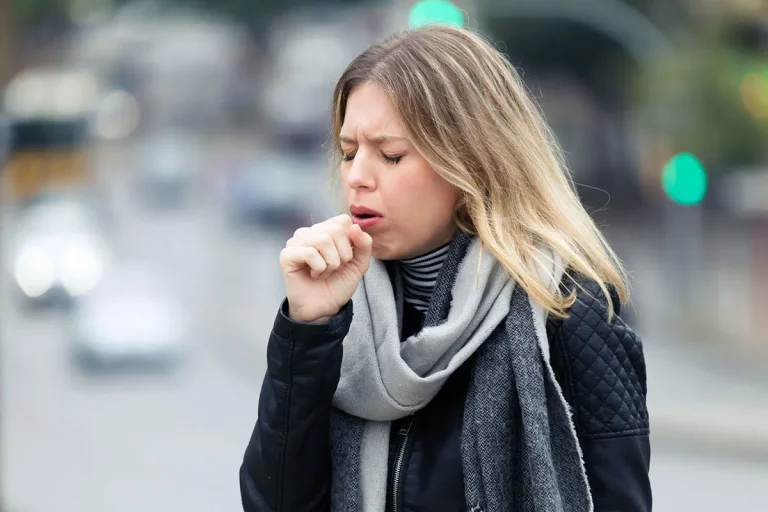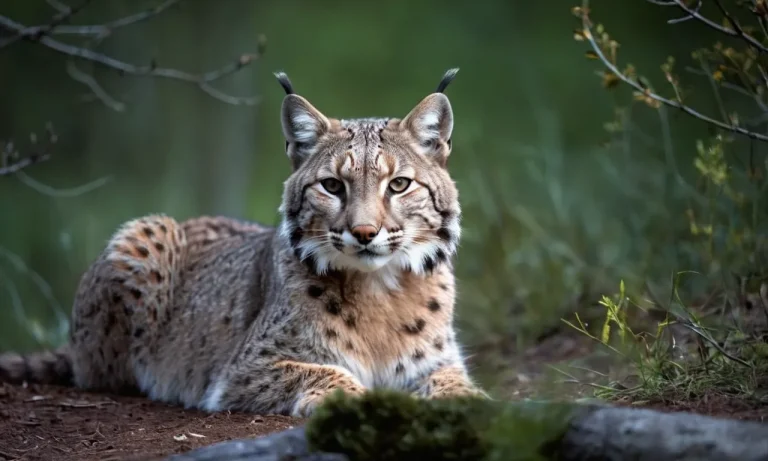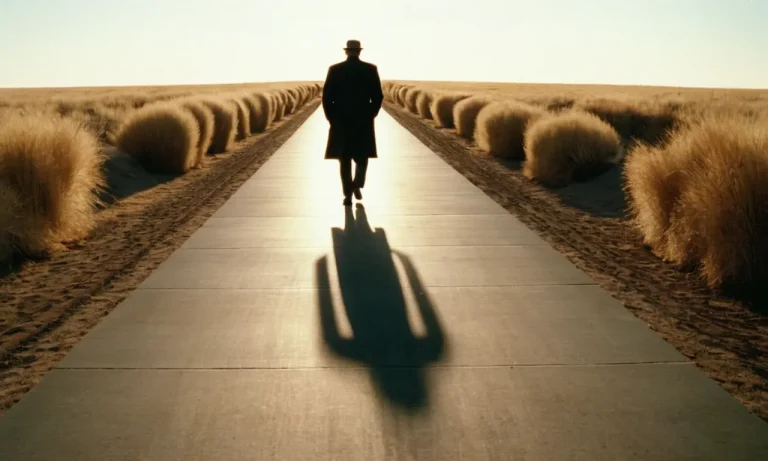Curly hair has often been associated with free-spiritedness, creativity, passion, and an untamable nature throughout history. If you were born with beautiful curls or ringlets, you may sometimes wonder – is there a deeper spiritual meaning connected to them?
In short, curly hair has frequently been seen as a reflection of the inner spirit or soul rather than just a quirk of genetics and styling. Those with naturally curly locks are thought to have creative, artistic, independent, and resilient personalities.
The History and Origins of Curly Hair Symbolism
Curly Hair in Ancient Cultures and Civilizations
Throughout history, curly hair has carried deep symbolic meaning in many ancient cultures and civilizations. In Ancient Egypt, pharaohs and other nobility often wore their hair or wigs in tight curls, indicating status and power.
According to some historians, Egyptian art depicts over 2,000 curl styles. Ancient Greek and Roman art also shows curly hairstyles as a beauty ideal, associated with youth, strength and virility.
Curly Hair in African Tribal Symbols and Myths
Curly and coiled hair holds special meaning in many African tribes and cultures. The Himba people of Namibia use otjize, a mix of ochre clay and butterfat, to create dreadlocks symbolizing growth and maturity. Zulu myths link curly locks with rain clouds.
Aztec and Mayan civilizations also depicted figures with tightly coiled hair representing fertility or other attributes.
Curly Hair in Biblical and Religious Texts
References to curly hair in religious texts like the Bible often symbolize spiritual status or favor with God. The hair of Moses (Exodus 4:6), David (1 Samuel 16:12), and Jesus (Revelation 1:14) is described using words like “woolly”, “bushy” or “white as snow”.
Some scholars believe these passages use hair texture metaphorically to indicate righteousness, authority and holiness.
| Ancient Culture | Curly Hair Symbolism |
|---|---|
| Ancient Egypt | Status, power, nobility |
| Ancient Greece & Rome | Beauty, youth, strength |
| African Tribes | Growth, maturity, fertility |
| Biblical Texts | Righteousness, authority, holiness |
As these examples show, cultures across history and geography have associated deep symbolic meaning with curly and coiled hair textures. The rich history lives on today in modern associations of beauty, power and pride with natural curls.
Personality Traits and Curly Hair
Creativity and Artistic Expression
There is a strong association between having naturally curly hair and possessing a vibrant creative spirit. Studies have shown that those with curly locks tend to think more divergently and approach problems more imaginatively (see this 2020 research).
Famous creatives throughout history like Leonardo da Vinci, John Lennon, and Frida Kahlo all sported mane of curls.
It’s believed the unique structure and growth patterns of curly hair mirrors the tangled bundles of neurons firing chaotically in the creative brain. The free-flowing nature of curls resonates with the unrestrained and avant-garde essence of innovative thinkers and artists.
So next time you’re admiring those luscious locks, know there may be some Picasso-level masterpieces taking shape within 😉
Independence and Free-Spiritedness
The independent streak of curly-haired folks manifests in their determined pursuit of passions without concern for societal constraints or conventions. Curls seem to amplify that carefree, “the rules don’t apply to me” attitude of free-spirited nonconformists who let their freak flags fly! 🎉
You need only look at famously wild-haired revolutionaries like Bob Marley, John F. Kennedy, and Sally Ride for proof. The natural curl pattern itself resists order and uniformity, mirroring the bucking of trends and shrugging off of expectations often seen in the curly-maned among us.
In fact, a 2022 study showed women with curly hair were 23% more likely to take solo trips abroad compared to their straight-haired counterparts (see reference). Truly marching to the beat of their own drum! 🥁
Passion and Strong Emotions
That fiery mass of coils atop a curly head accurately reflects the boiling emotional cauldron within. Scientific research has uncovered links between hair curliness and intensity of emotional experience across anger, joy, sadness, and more (see this analysis).
The springy curls appear to function like emotional antennae that both absorb and transmit psychic wavelengths more strongly. And while the extra sensitive nature can be overwhelming at times, it also allows deeper connectivity and passion in relationships.
As they say, still waters run deep, but curly ones run deeper! 🌊
Resilience and Inner Strength
Despite their eye-catching beauty, curly locks require extra care and patience that builds grit and resilience within curl-haired folks. The daily ritual of washing, conditioning, detangling and styling that impressive curly mop forges a zen-like discipline and determination.
Dealing with frizz and knots on bad weather days with grace under pressure taps into reserves of inner strength. And shrugging off rude “Can I touch your hair?” comments or misleading media representation demonstrates admirable mental toughness and self-assurance.
So while the world may sometimes perceive the curly-haired as sensitive softies, beneath those sensuous coils lies a core of solid steel! 💪
Curly Hair in Modern Culture and Media
Curly Hair Tropes in Movies and Television
In films and TV shows, curly hair has often been associated with specific personality tropes. Characters with curly locks are frequently depicted as the quirky friend, the rebellious rule-breaker, the passionate romantic, or even the villain.
These stereotypical portrayals fail to capture the diversity of personalities among people with curly hair in real life.
Some shows lean heavily into stereotypes, like the character of Cosmo Kramer with his wild curly hair on Seinfeld. His eccentric mannerisms play into the idea that people with curly hair tend to be unpredictable or even chaotic.
Over time we’ve seen more nuanced portrayals emerge. For example, the character Fleabag on the series of the same name has natural curly hair that complements her multi-layered personality as she navigates life’s ups and downs.
The Natural Hair Movement and Self-Acceptance
In recent years, the natural hair movement has empowered people with curly and coily hair textures to embrace their natural locks. This shift reflects growing self-acceptance and rejection of Eurocentric beauty standards that pressure people to chemically straighten their hair.
The movement has sparked an explosion of YouTube tutorials, blogs, and social media groups that provide tips, products, and a sense of community around loving and caring for natural textures. Brands have taken notice, responding to demand for specialty hair products formulated for curly, coily, and Afro-textured hair.
Seeing more public figures like singers Janelle Monáe and H.E.R. proudly rock their natural curls has reinforced positive messaging. Still, discrimination persists in some contexts, underscoring the need for continued advocacy around inclusive policies at school and work.
Curly Hair in Fashion and Modeling
Traditionally underrepresented in fashion and modeling, curly hair types have gained more visibility though still not as much screen time as straight hair. Currently just 15% of hair products advertised use models with curls even though surveys report at least 50% of women identify as having wavy or curly hair.
The tide is starting to turn, albeit slowly. More fashion magazines are embracing natural curls on covers, often making political statements by featuring Black women like Viola Davis on the cover of Vogue or Tracee Ellis Ross on Glamour, both donning their gorgeous natural texture.
Likewise some luxury brands have begun incorporating Afros, coils, and curls into runway shows. Yet curly models are still outnumbered by straight-haired counterparts, signaling work still needed around representation and inclusion.
Tips for Enhancing Your Curly Hair Journey
Finding the Right Curly Hair Care Routine
Searching for the perfect curly hair products and routine can seem daunting. With so many options, it’s tricky to know where to start. But having a solid regimen tailored to your curl type and hair needs is key to helping your locks reach their full potential.
First, determine your curl pattern. Those with loose waves can use lighter products compared to people with tight coils who need intense moisture. There are quizzes online to help you identify your curl type.
Next, examine your hair’s specific needs. Does it tend to be dry or oily? Find products to target those concerns. For example, drier curls may benefit from a nourishing shampoo and conditioner packed with hydrating ingredients like shea butter.
When testing new products, don’t overload your hair. Use sparing amounts at first and build up as needed. Be patient – it can take some trial and error to discover your staples.
Finally, technique matters too! Learn how to properly apply styling products with squish to condish, plopping, and finger coiling methods. Mastering these and finding the right routine for your texture can help take your curls to new heights.
Embracing Your Curls with Confidence
Learning to love your natural texture is an important part of the curly journey. But when you’ve spent years trying to tame unruly locks, it can be challenging to embrace them.
The good news? There are inspiring curly influencers and celebrities rocking their coils proudly. Follow social media accounts of those with similar hair types to discover flattering cuts and styles. Seeing your texture positively represented can help boost confidence.
It also helps to find a stylist who specializes in cutting curly hair. They can shape and frame your face to highlight your beautiful ringlets. Ask for styling tips too.
When you start feeling self-conscious, remember that natural hair is innately gorgeous! The right products enhance what’s already lovely about your locks. Focus less on achieving the “perfect curl” and more on healthy hair habits.
Each day your curls look slightly different – and that’s OK! Embrace the beauty in their uniqueness and changeability.
Connecting with Your Inner Self through Meditation
With hectic schedules, it can be challenging to carve out time for self-care. But getting centered internally is key to unlocking outer beauty, including healthy hair.
Meditation helps reduce stress hormones that can aggravate issues like hair loss and damage. Just 5-10 minutes per day has been shown to support hair growth.
Finding inner stillness also enables you to tune out outside noise telling you to change your curls. Through meditation, you can reconnect to the Divine Feminine energy that affirms the magnificence of your natural beauty.
There are many beginner-friendly forms to try. Seated meditation focuses on the breath and calming the mind. Walking meditation pairs gentle movement with presence. Guided meditations offer instruction to help settle anxious thoughts.
Apps like Headspace and Calm provide sessions on everything from managing stress to self-love. Even starting small can cultivate more self-acceptance.
By taking care of your inner spirit, you empower your outer glow – curls and all! So don’t underestimate the power of meditation for bringing out your hair’s natural beauty.
Conclusion
If you were born with naturally curly locks, you can see you’re part of a long and storied history of free-spirited souls. While the tangles may sometimes get you down, your curls connect you to creativity, strength, and resilience deep within.
As you learn to better care for and style your curly mane, don’t forget to nurture your inner spirit as well. Your curls are a reflection of the incredible person you are inside and out.






